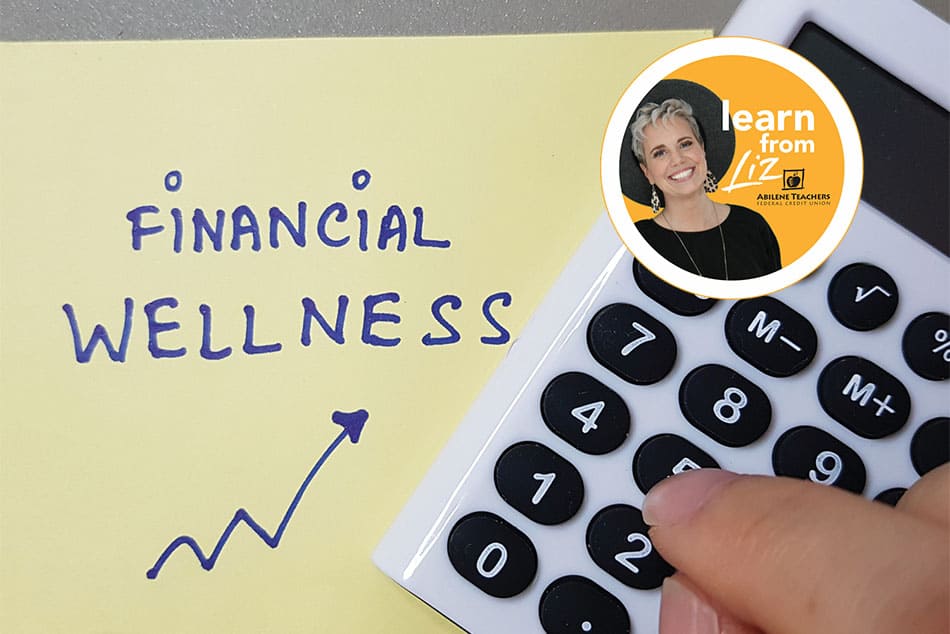How Much Money Should I Keep in My Checking Account?

Most of us use our checking accounts on a daily basis. Every swipe of a debit card, every bill we pay and every personal check we write takes money out of our checking account. But, how much money should we be keeping in these super-convenient accounts? Let’s find out.
What’s your magic number?
It’s best to have one to two months’ of living expenses in your checking account at all times. Some experts suggest adding 30 percent to that for an extra cushion.
To determine your exact living expenses, track your spending over several months, including all bills and discretionary spending.
Why keep that much money in your checking account?
Here are three reasons you want to keep your checking account well-padded at all times:
- Avoid overdrafts. Even high-income earners can miscalculate their spending and end up with an overdrawn account. Why risk being charged overdraft fees for every transaction when you can easily avoid them? Here at Abilene Teachers FCU, you can sign up for overdraft protection to ensure you never again pay a fee for an overdrawn account.
- Provide a cushion for pre-authorization holds. Some merchants place a pre-authorization hold on your debit card until the transaction completes. These holds can reduce your available checking account balance by up to $100 per hold. Keeping your account well-funded allows you to comfortably accommodate the holds without fearing a negative balance.
- Keep liquid funds available. A robust checking account means access to cash is just an ATM transaction away.
Can I be keeping too much money in my checking account?
Having an overstuffed checking account may mean you’re missing out on higher returns you can earn if you were to keep those same funds in a Abilene Teachers FCU Share Certificate or Money Market Savings account.
Once you’ve determined exactly how much money you should be keeping in your checking account, look into other options for the rest of your funds. Speak to a Member Service Representative at ATFCU to learn about our various savings options to determine which is right for you.
If you dare
Now that your checking account numbers are worked out, you may want to consider an unconventional way of making money management simpler: Open two separate checking accounts.
Here’s how it works: You’ll open a second Abilene Teachers FCU Checking Account, and when your paycheck clears, transfer all the funds you need to pay your bills into your second account. If you have any bills linked to your previous checking account, be sure to update the information before they are due. This way, you’ll be paying all of your bills from one account. Best of all, with two accounts, you’ll be able to tell exactly how much spending money you have left each month without doing mathematical gymnastics.
It’s budgeting made simple!

